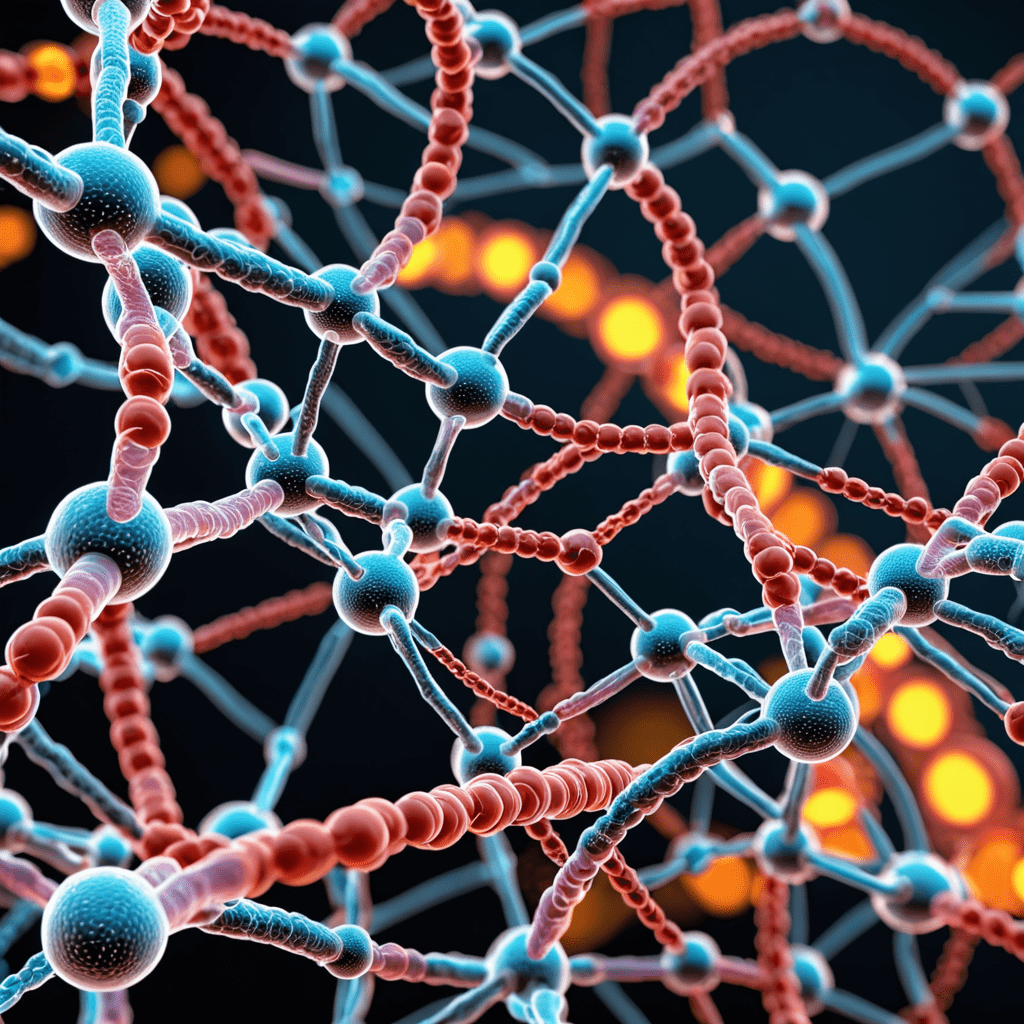Exploring the World of Gene Editing in Biotechnology
Gene editing is a revolutionary tool in biotechnology that has transformed the way we study and manipulate genetic information. By understanding the principles and applications of gene editing, we can unlock a world of possibilities for scientific research and medical advancements.
The Basics of Gene Editing
Gene editing refers to the precise modification of an organism’s DNA using specialized tools like CRISPR-Cas9. This technology allows scientists to add, remove, or alter specific genes, opening up new avenues for research and genetic engineering.
Applications in Biotechnology
Gene editing has a wide range of applications in biotechnology, including creating genetically modified organisms (GMOs), developing gene therapies for genetic disorders, and studying the functions of various genes in living organisms.
CRISPR-Cas9: A Game-Changer in Gene Editing
CRISPR-Cas9 is a powerful gene-editing tool derived from a bacterial immune system. It acts like a pair of molecular scissors, cutting DNA at precise locations to make targeted genetic modifications. Its efficiency, flexibility, and ease of use have revolutionized genetic research.
The Ethical Considerations of Gene Editing
While gene editing holds immense potential for treating genetic diseases and improving crop yields, it also raises ethical concerns. Questions surrounding genetic engineering in humans, environmental impact, and unintended genetic consequences must be carefully addressed.
Future Prospects and Challenges
As gene editing technologies continue to advance, the possibilities for biotechnological innovation are endless. However, challenges such as off-target effects, regulatory hurdles, and societal acceptance need to be navigated to ensure the ethical and responsible use of these tools.
Conclusion
Gene editing in biotechnology is a game-changing field that has the potential to revolutionize medicine, agriculture, and various industries. By understanding the fundamentals of gene editing and staying informed about its implications, we can harness its power for the betterment of society while addressing ethical considerations responsibly.
Gene Editing in Biotechnology FAQ
What is Gene Editing?
Gene editing is a revolutionary technology that allows scientists to make precise changes to an organism’s DNA. Using tools like CRISPR-Cas9, specific genes can be added, removed, or altered to modify characteristics in plants, animals, and even humans.
How is Gene Editing Used in Biotechnology?
In biotechnology, gene editing is utilized to enhance crop resistance to pests, increase livestock productivity, and develop new medical treatments. By editing genes, researchers can create genetically modified organisms (GMOs) with desired traits.
What is CRISPR-Cas9?
CRISPR-Cas9 is a powerful gene-editing tool derived from bacteria. It consists of a guide RNA that targets a specific gene sequence and an enzyme (Cas9) that cuts the DNA at that location. This technology has revolutionized genetic engineering due to its precision and versatility.
Are There Ethical Concerns Surrounding Gene Editing?
The use of gene editing raises ethical considerations, especially in human applications. Issues such as unintended genetic consequences, inequality in access to genetic enhancements, and the potential for designer babies are topics of ongoing debate in the scientific community and society at large.
What are the Benefits of Gene Editing in Biotechnology?
Gene editing offers numerous advantages, including increased food security through

